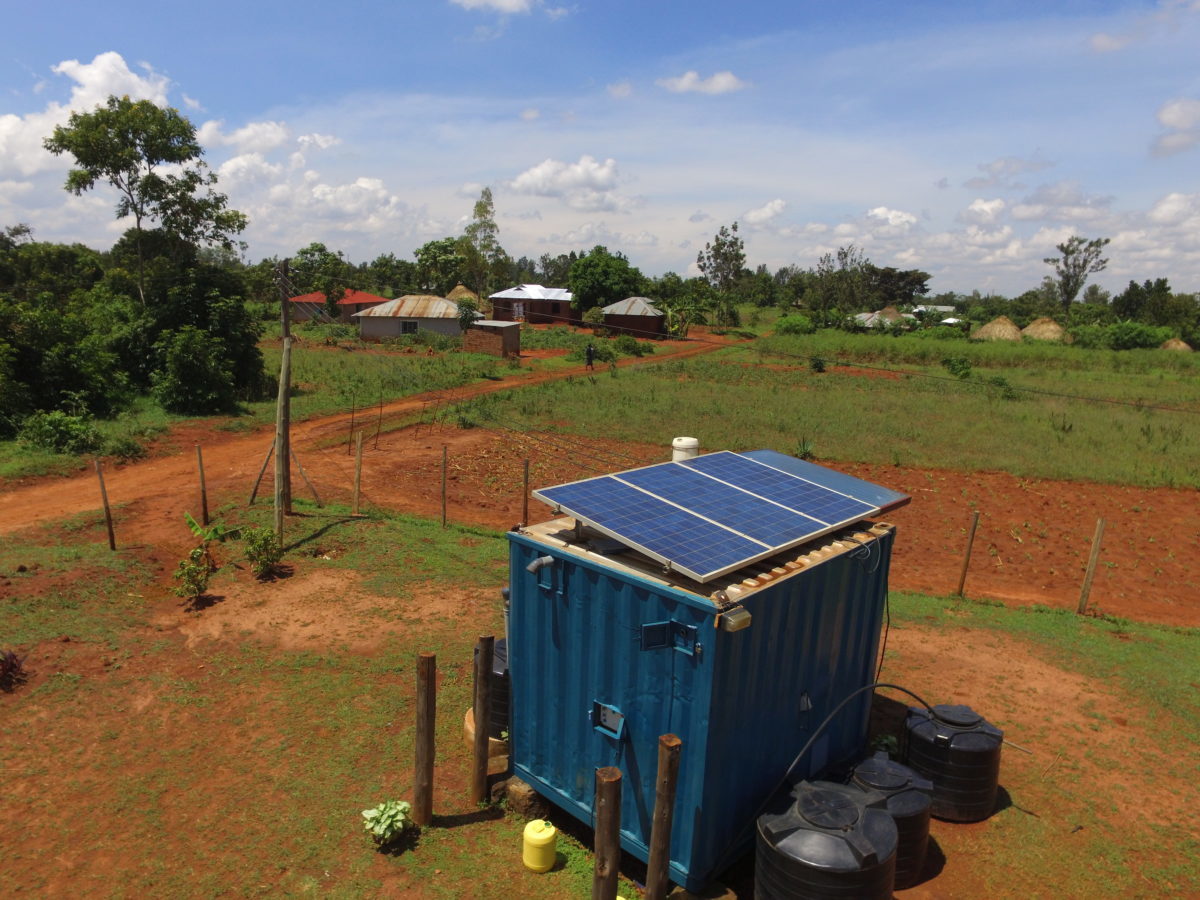US-based impact investor The Rockefeller Foundation has committed US$1 billion over the next three years to catalyze a more inclusive, green recovery from the Covid-19 pandemic. Green power and increased healthcare access are the focus areas for the new investment.
Collaborating with global investors, international organizations, and governments, the Foundation will focus on driving public-private investment in scaling distributed renewable energy across developing countries in Africa, Asia and Latin America.
“There’s no going back to the past, to before-Covid. We need to reimagine the future we want,” said Dr Rajiv J. Shah, President of the Rockefeller Foundation. “To meet this moment, we must leverage all our resources and relationships to build an equitable, sustainable future, where everyone has the opportunity to realize their full potential and climate disaster is avoided.”
Notably, the energy accessibility gap has further widened because of the pandemic.
According to the Foundation, more than 800 million people worldwide lacked access to electricity before the pandemic. Billions more have their potential diminished by unreliable or insufficient energy access, predominantly provided by carbon-emitting fuels.
This year alone, more than 100 million people saw their electricity access severed because they couldn’t pay their bills during the pandemic, it stated.
Distributed PV potential
The Foundation noted that as a result of pioneering breakthroughs in distributed renewable energy technologies, it is now possible to end energy poverty in ten years without accelerating carbon emissions.
Compared to conventional grid-based electrification, scaling these technologies to provide green energy to half a billion people would save 1.5 billion tons of CO2 emissions over the next decade.
“Access to energy can also boost the irrigation, crop yields, and productivity of local agriculture. Farmers can further protect crop values with cold storage or increase their returns with post-harvest processing,” it stated.
The Foundation, in partnership with integrated power company Tata Power, is already working on a billion-dollar investment plan to set up microgrids based on renewable energy across India.
“Over the past decade, our Smart Power Initiative’s investments have improved the lives of almost 500,000 people in India, Myanmar, and parts of sub-Saharan Africa, so we know this can work,” said Ashvin Dayal, Senior Vice-President of the Power & Climate Initiative at The Rockefeller Foundation.
“By refining the business case for distributed renewable electrification and deepening our technical knowledge of mini-grid systems and their impact on people’s lives and livelihoods, we paved the way for the launch of a partnership with Tata Power, TP Renewable Microgrid. This effort is expected to invest $1 billion by 2026, deploying up to 10,000 mini grids that will provide clean energy to 5 million households, create 10,000 new green jobs, support 100,000 rural enterprises, deliver irrigation to 400,000 farmers, and in total, provide access to reliable power for more than 25 million people across the communities they serve.”
This content is protected by copyright and may not be reused. If you want to cooperate with us and would like to reuse some of our content, please contact: editors@pv-magazine.com.









By submitting this form you agree to pv magazine using your data for the purposes of publishing your comment.
Your personal data will only be disclosed or otherwise transmitted to third parties for the purposes of spam filtering or if this is necessary for technical maintenance of the website. Any other transfer to third parties will not take place unless this is justified on the basis of applicable data protection regulations or if pv magazine is legally obliged to do so.
You may revoke this consent at any time with effect for the future, in which case your personal data will be deleted immediately. Otherwise, your data will be deleted if pv magazine has processed your request or the purpose of data storage is fulfilled.
Further information on data privacy can be found in our Data Protection Policy.